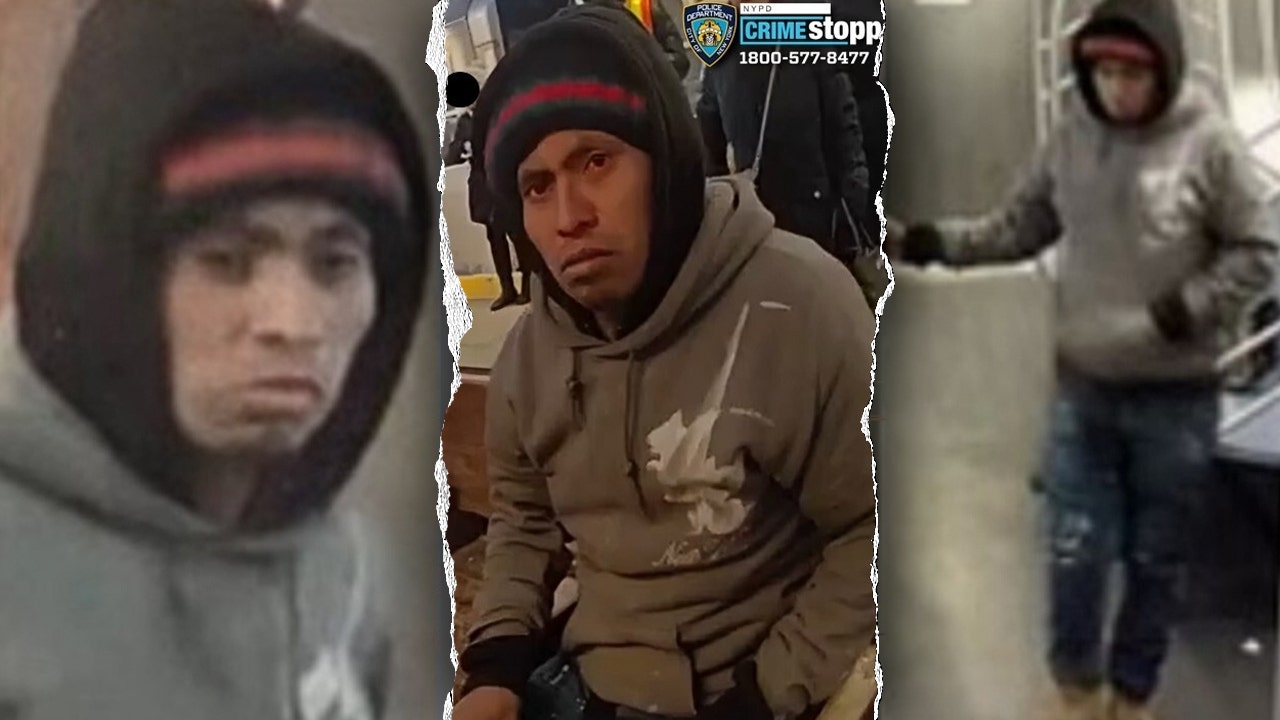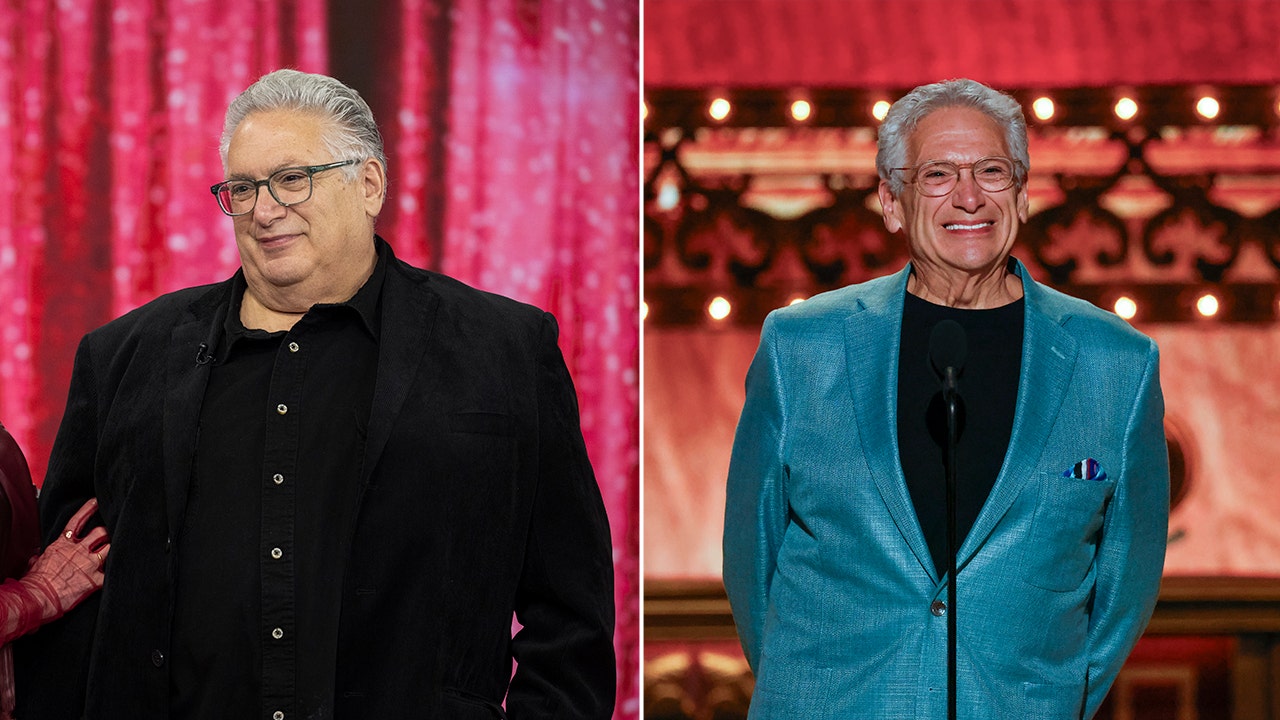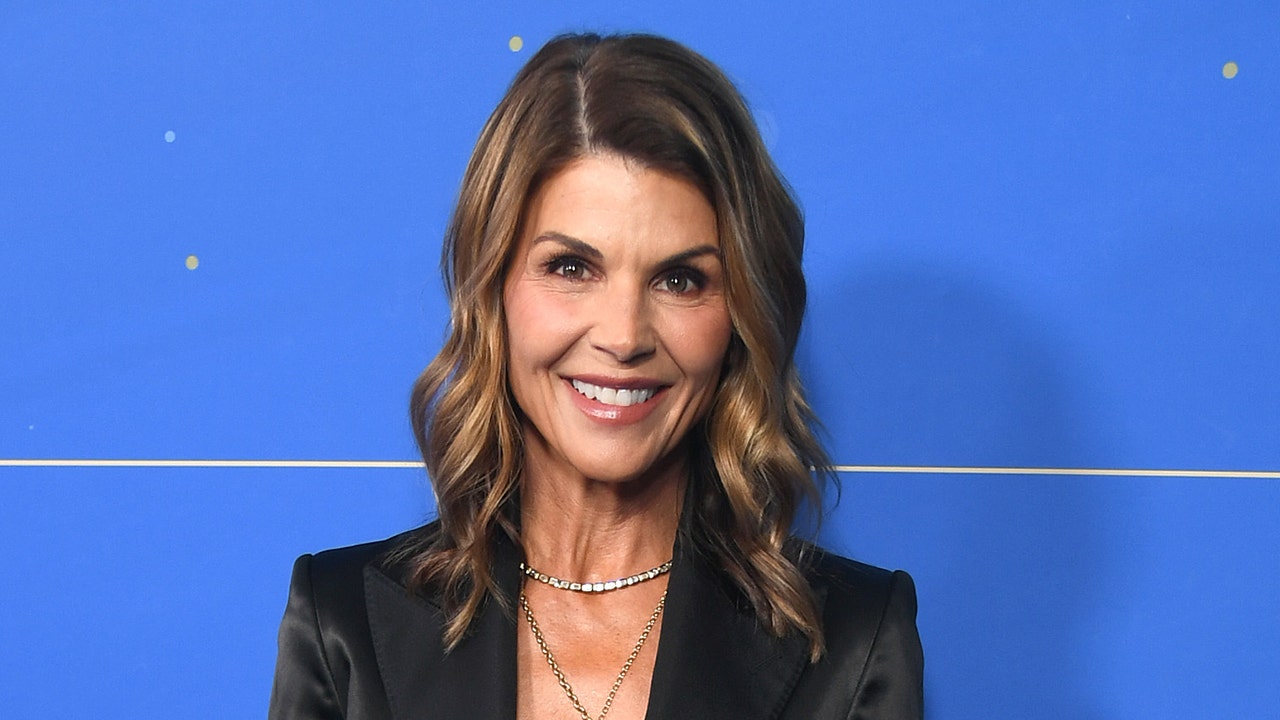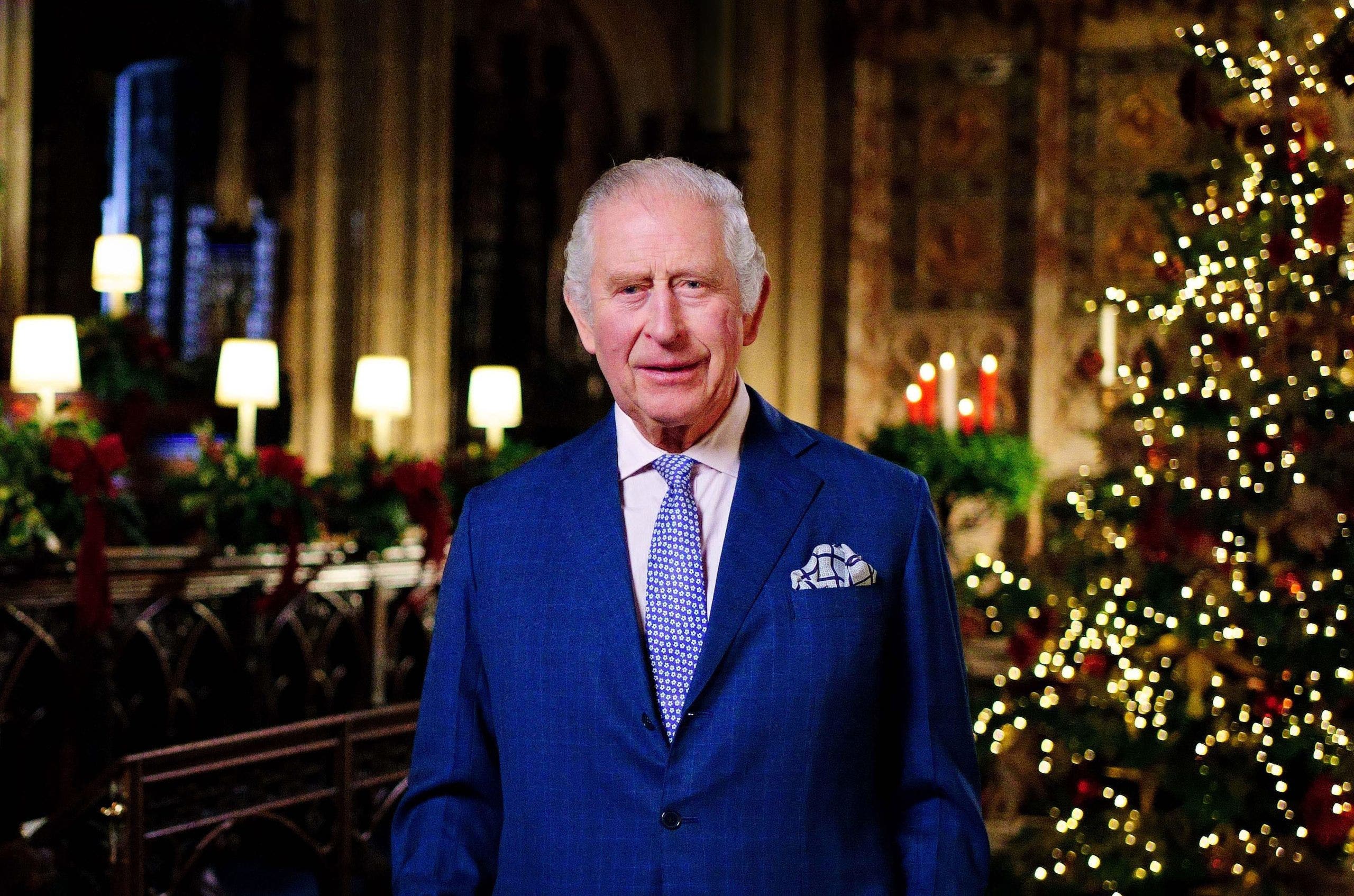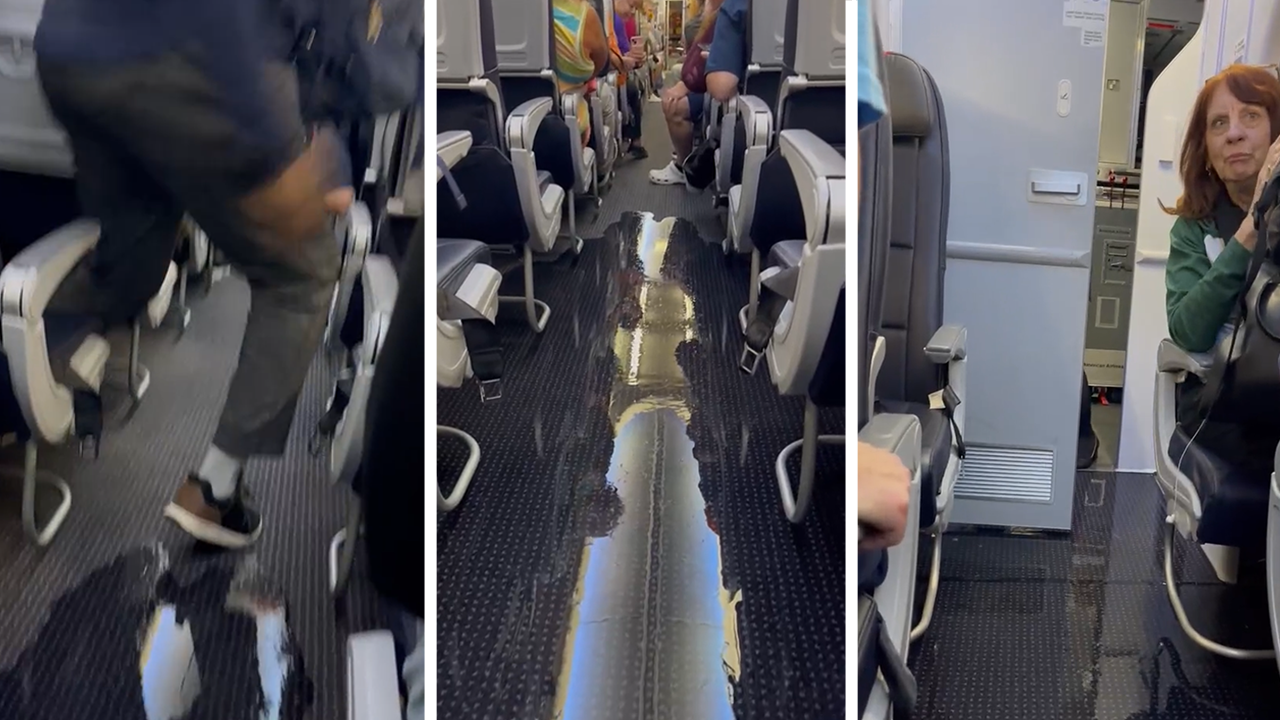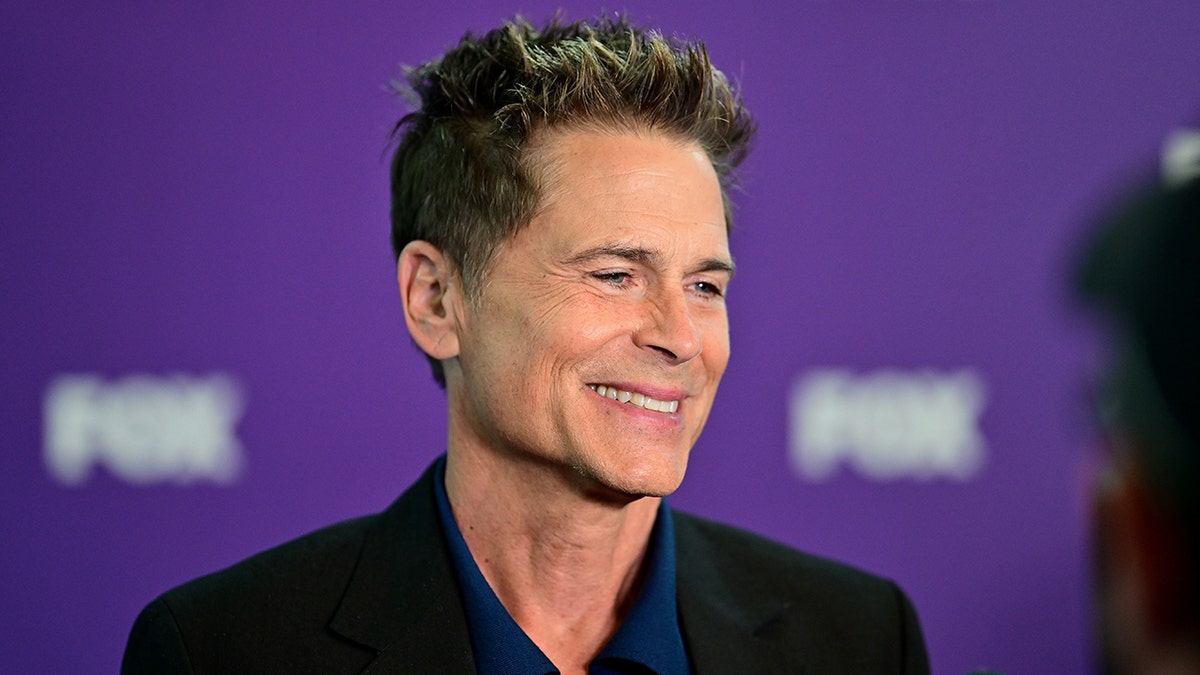Rob Lowe’s final wake-up call came in the form of a missed phone call from his mother. Over thirty years ago, this moment marked a turning point in his life, steering him towards sobriety.
“I remember like it was yesterday: My mom telling me [on the answering machine] to, ‘Pick up, pick up,’ because my grandpa had had a heart attack,” the Brat Pack star recounted in a recent interview with People magazine. “I couldn’t deal with it in the state I was in, and I needed to go to sleep to wake up so I could deal with it.” Retreating to his room, he poured himself a drink, indulging in tequila, pushing his emotions away.
“Who doesn’t keep a bottle of Cuervo Gold by their bedside table?” he reflected. That moment, steeped in regret and denial, became the catalyst for his transformation. “That was the final wake-up call. I’ve been sober ever since.”
At 60, the actor finally entered rehab in 1990, ready to confront the chaos that had woven itself into the fabric of his life.
“Getting sober was an incremental decision,” Lowe explained, drawing parallels between sobriety and the delicate process of nurturing a fragile seed. “It’s baby steps until you’re ready. You can’t do it until you’re really ready.”
Film as a Vessel of Change
In an intriguing twist, Lowe pointed to the 1975 film “Shampoo”, featuring Warren Beatty as a charismatic yet empty hairdresser, as a surprising impetus for change. “It’s a great movie, but at the end, he’s a bon vivant, charming playboy left with nothing,” he said. This realization shimmered in Lowe’s consciousness like a beacon, a lesson wrapped in the guise of entertainment. “It affected me tremendously.”
The Reality of Readiness
“I always tell people: you can’t get sober… I don’t care if it’s fentanyl, booze, drugs, coke, pot, gambling, overeating, sex addiction, or whatever; you cannot stop for your job, your wife, your family, or your parole officer because you screwed something up. You only are going to stop when you’re ready, period.”
(Gilbert Flores/Variety)
Reflecting on his tumultuous career, another moment weighed heavily on his heart: the 1988 leak of a scandalous tape that could have shattered his life and legacy. “The fallout definitely changed my life at the time,” he acknowledged. Yet, in retrospect, he found solace in the chaos. “I realized it was another step that led me to recovery and reevaluating my life.”
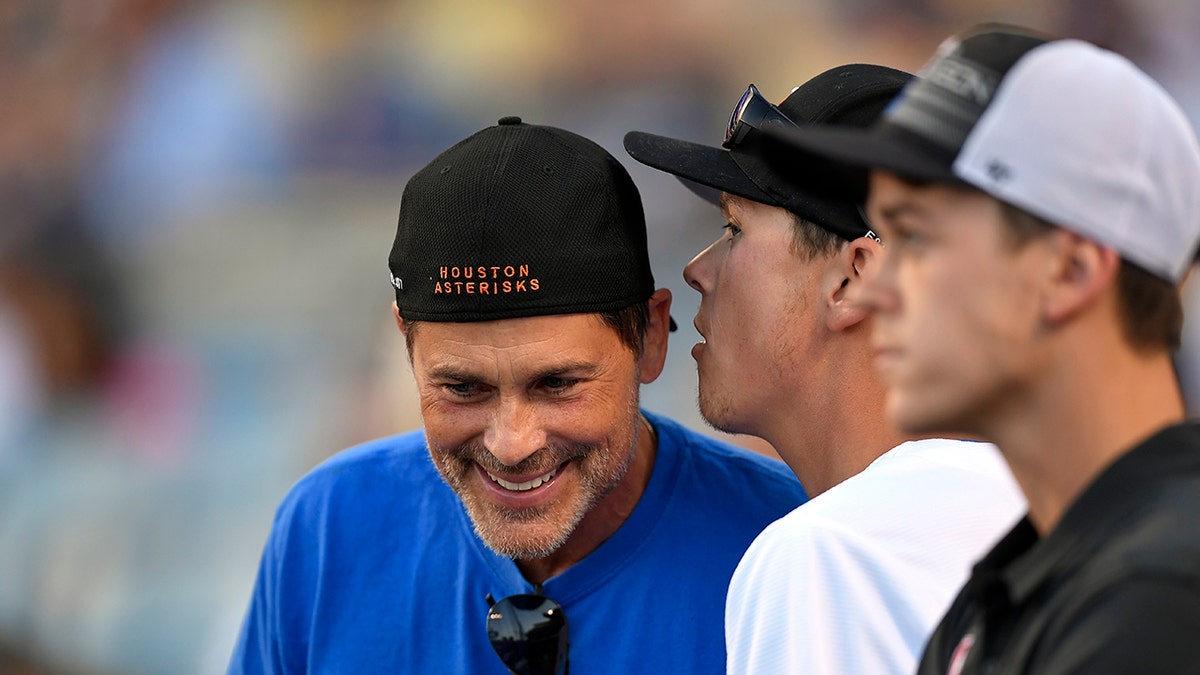
(Kevork Djansezian/Getty Images)
Arriving at rehab, Lowe felt something extraordinary: clarity. “I didn’t have any doubts” he recalled with conviction. “I wasn’t like, well, maybe I’ll be sober for a little bit. I just knew I was done.” It was the realization that propelled him forward, shaping his narrative into one of resilience and redemption.
The Epiphany of Sobriety
In his candid reflections, he wanted to impart one crucial insight: sobriety must be a decision made from within. “You only are going to stop when you’re ready, period,” he emphasized, sharing his truth with anyone grappling with addiction.
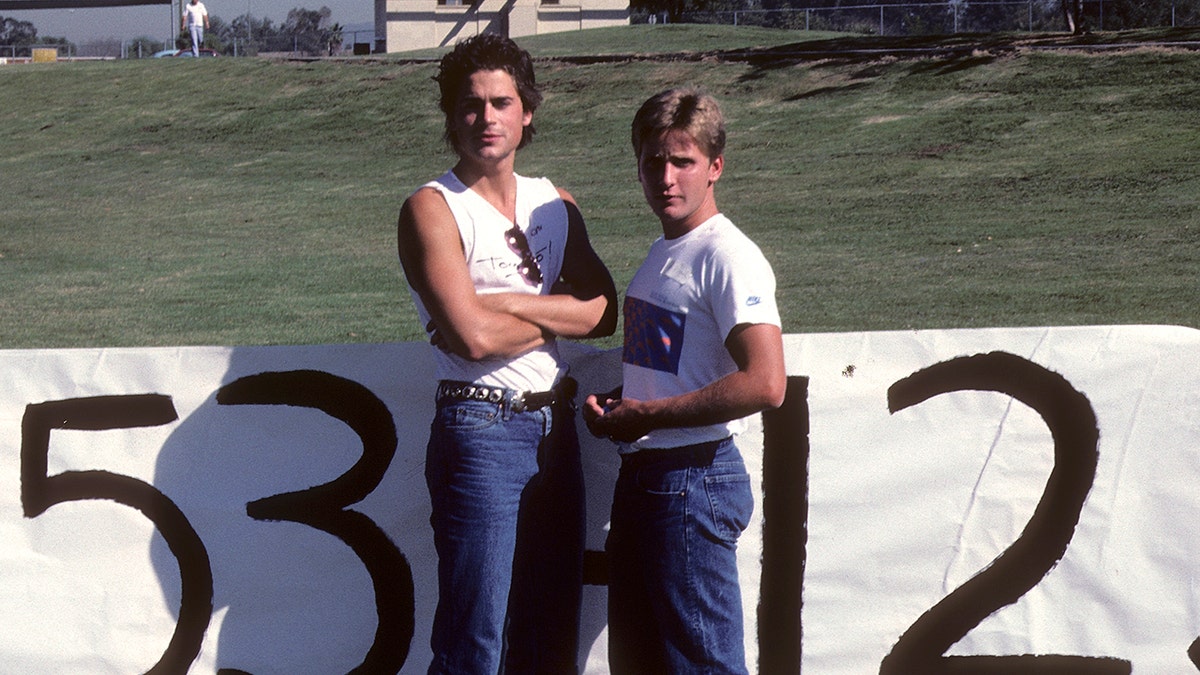
(Ron Galella, Ltd./Ron Galella Collection via Getty Images)
Sobriety is not merely about abstinence; it’s about transformation. Underneath every bottle lies a story, and for Rob Lowe, that story has evolved into one of hope. Each step taken, each decision made, has carved a path toward a fulfilling existence that resonates deeply with countless others seeking their own journeys toward recovery.

